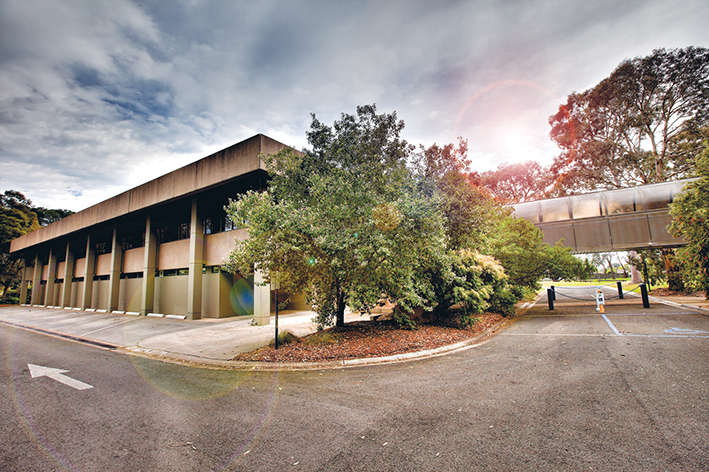MORNINGTON Peninsula Shire Council is moving towards a “precarious financial position” over the next five years with a “perfect storm” of rate capping, reduced federal government grants, and state government cost shifting “jeopardizing both the provision of essential services and the financial sustainability of local government”. The claims by the shire have been made at two recent inquiries into local government funding and sustainability at the state and federal level.
Of greatest concern to the shire is state government cost-shifting which it estimates to balloon to $234m over the next five years. The shire’s submission to the Victorian inquiry noted the “unprecedented number of state government responsibilities… ultimately being shifted onto ratepayers”, and the added burden of state or federal legislation or programs that mandate local government participation, without sufficient funding to cover the cost. State government responsibilities shifted to the shire include foreshore management (which is estimated to cost the shire $11.7m annually), libraries, kindergartens, road maintenance and verge clearing, among others.
Legislative changes likely to impact the shire’s revenue include the newly passed Short Stay Levy Bill 2024, and new waste laws introducing a standardised four bin waste system across the state set to cost the shire tens of millions of dollars to implement (New bin laws prompt concerns of waste charge spike, The News 1/10/24). On the other hand, federal legislative changes such as the opening of aged-care services to the private sector saw the shire exiting those services, at a cost saving of between $4.5 to $5m per annum.
Also of concern for the shire is the state government’s rate-capping regime which sets a capped rate “significantly lower than inflation”. The shire notes that “expenses have surged significantly beyond the Consumer Price Index. This is primarily attributed to a limited supplier pool and the escalated costs of infrastructure delivery”.
Shire CEO John Baker, appearing at the federal government’s “Inquiry into local government sustainability” on 26 September stated that rate capping started “at a point when we were one of the lowest rating councils in the country” and that “every time there’s a 1.75 per cent (rise), that’s 1.75 per cent on where we were”.
The shire believes the current model for calculating rates, which places the shire in a pool of other metropolitan municipalities, does not consider the high percentage of Green Wedge land on the peninsula, and the cost burden of eight million visitors to the area. “When you’re accommodating eight million visitors a year in a population of 170,000 the impact on infrastructure, on our roads and on the cleaning of beaches is absolutely enormous,” said Baker. “Everything seems to be calculated on the 170,000 people that we’ve got to support. Very little is about accommodating that quantity of visitors that we receive, and that’s a big dilemma and tension for us.”
The federal inquiry was told that revenue for local governments from the federal government’s Financial Assistance Grants had dropped from one percent of Commonwealth taxation revenue 30 years ago, to now being just half a percent. The shire has become more reliant on grants with Baker saying the shire has a “good track record” but that is about “having a shovel-ready project that fits the bill at exactly the right time”. Other issues with grants and other competitive processes are they tend to be “less predictable and less reliable for us than the types of things that we are used to,” said Baker.
The solution, for Baker, is the reduction of cost-shifting, a fairer share of federal Financial Assistance Grants, and the potential change to the rate capping regime. “As real income is decreasing and councils have limited capacity to generate more revenue, our operating surplus, which is the main contributor to the capital works program, has been decreasing.” “Trust in government is highly correlated with the ability to fulfil the social contract between government and citizens by keeping promises.” “The reality and impact of reduced state and federal funding is cuts to services, which damages the social licence of councils and reduces the sector’s ability to demonstrate the positive difference we make for the community.”
First published in the Mornington News – 22 October 2024


